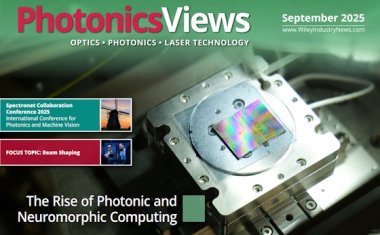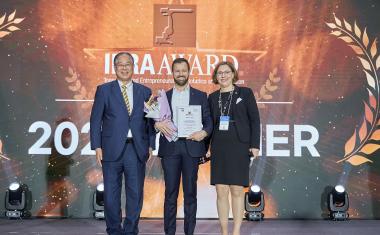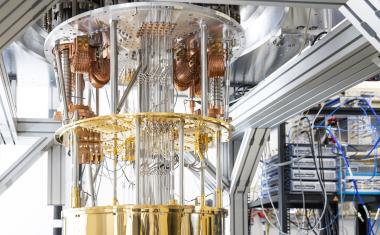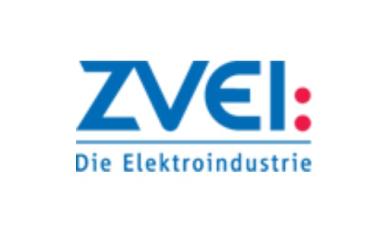Theodor Hänsch Prize in Quantum Optics awarded to Victoria Xu
$20,000 prize honors achievements in using quantum optics to improve metrology and advance gravitational wave detection.
Victoria Xu, postdoctoral scholar at the Massachusetts Institute of Technology (MIT) Kavli Institute for Astrophysics and Space Research – LIGO Laboratory, USA, has been named the inaugural recipient of the Theodor W. Hänsch Prize in Quantum Optics. The prize recognizes Xu’s contributions in using quantum optics to fundamentally improve metrology through large-scale interferometers and advanced gravitational wave detection.
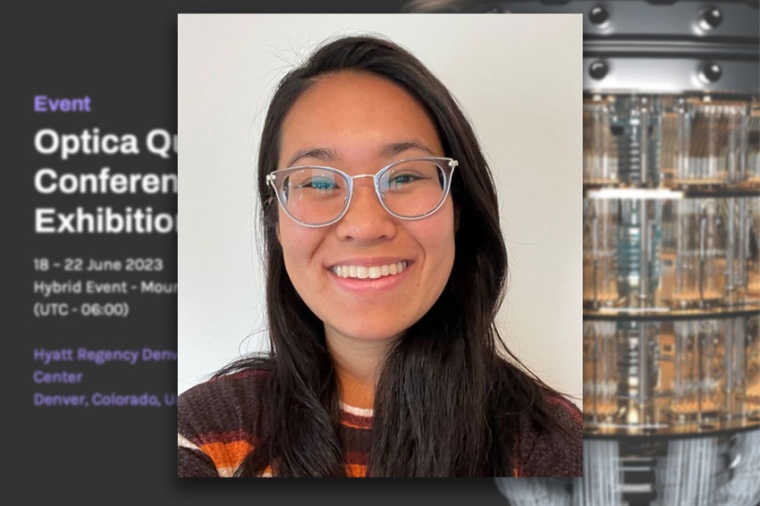
From early breakthroughs in quantum coherence for trapped atom interferometry and applications of cavity-enhanced atom interferometers to precision tests of new physics, Xu has dedicated her career to using quantum optics and precision interferometry to advance the understanding of nature. Her current work focuses on commissioning state-of-the-art quantum technologies into large-scale observatories for gravitational wave detection.
Selected from a wide pool of highly qualified proposals, Xu’s work stood out because of its real-world impacts. This research has the potential to transform gravitational wave astronomy from a field of astrophysics with limited, intermittent transient detections, to a burgeoning field of astrophysics with sufficient data to begin statistical analyses and population studies over cosmic time.
“The committee faced a challenging decision to choose between many exceptional early-career researchers focused on advancing quantum optics, and we are pleased to recognize Victoria Xu,” shared Hänsch Prize committee chair Yaseera Ismail, University of KwaZulu-Natal, South Africa. “We are inspired by her efforts to use quantum technology to help us better understand the universe and expand on the already impressive results from LIGO.”
The Theodor W. Hänsch Prize in Quantum Optics supports innovative projects that have the potential to make a meaningful and positive impact on the science and applications of optics-enabled quantum technologies. Created by the Optica Foundation in partnership with donors Hamamatsu Photonics, Menlo Systems, and Thorlabs, the prize advances quantum optics and photonics by supporting the dynamic and rigorous research of early-career professionals, whose work strives to solve complex, theoretical or real-world problems.


